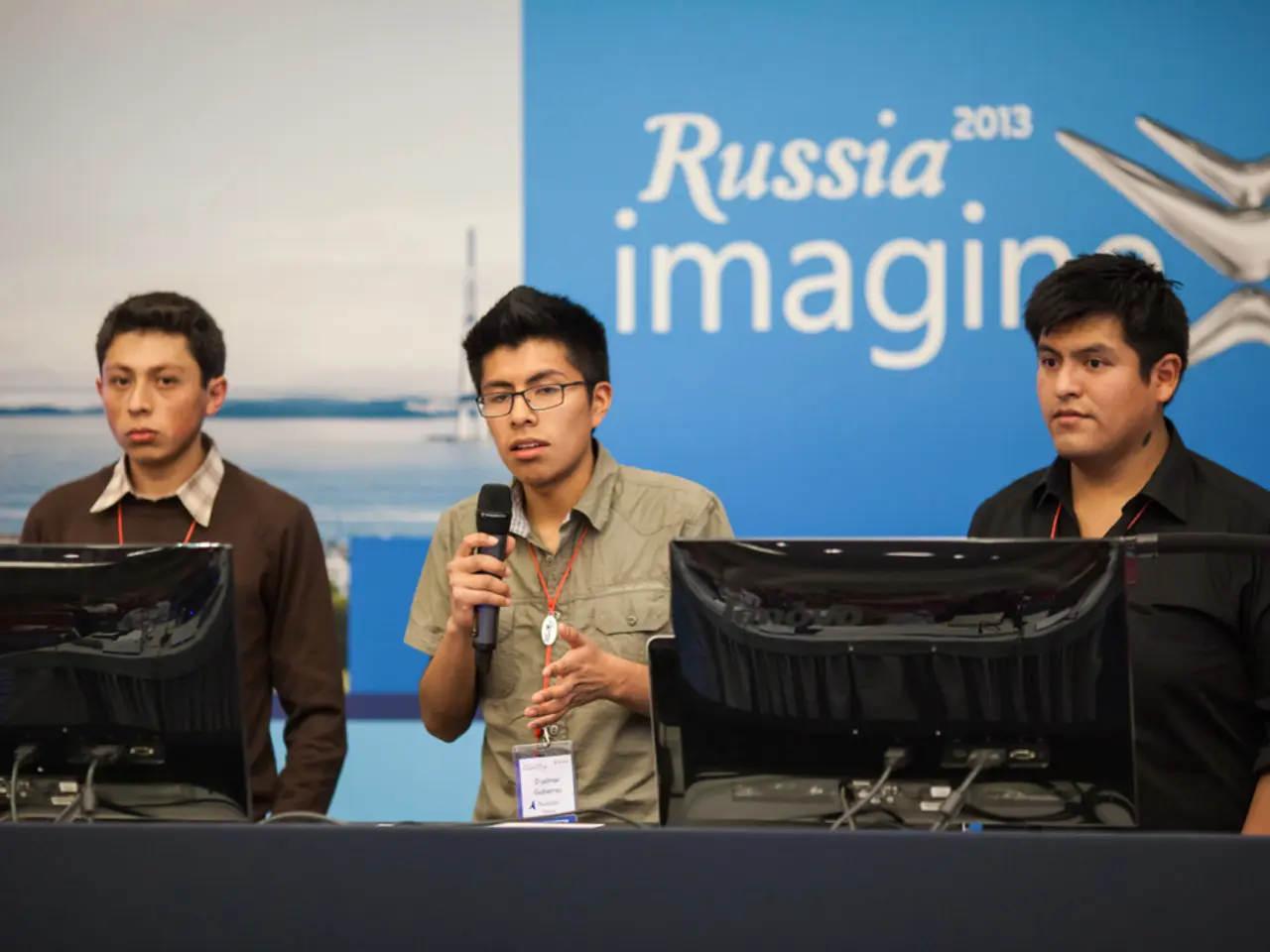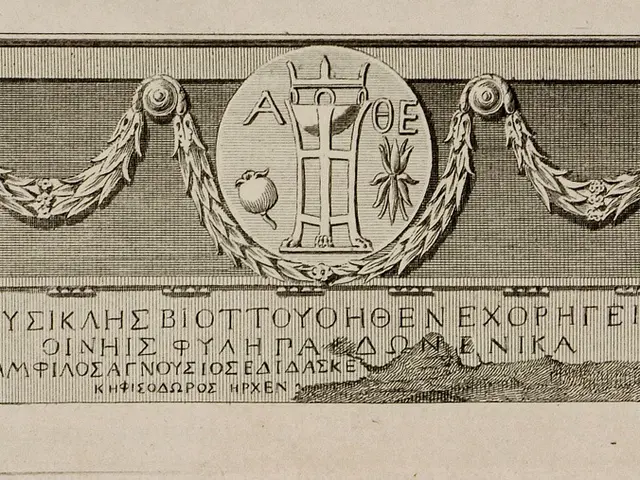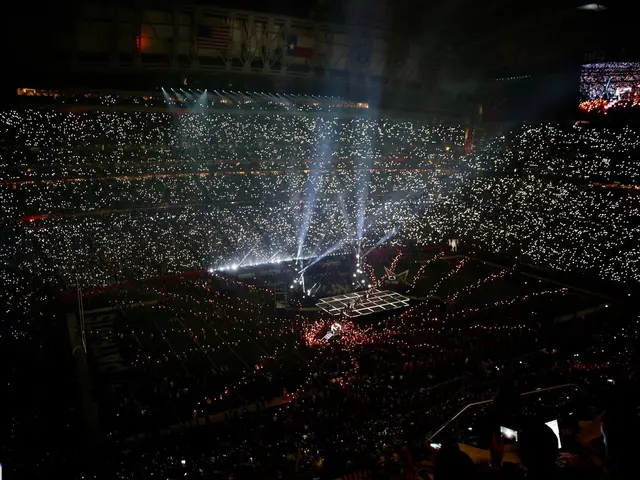Elections in Pakistan: Utilization of AI, internet blackouts, and mounting disillusionment
Pakistan's 12th general election since 1947 is currently underway, but the process has been marked by a series of challenges, including internet shutdowns and mobile network blockades.
In December, internet services were throttled and access to social media platforms was blocked, causing confusion among voters who relied on SMS services to find polling station details. The system requires an SMS with the Computerized National Identity Card Number (CNIC) to be sent to 8300, but the disruption left many voters unsure of where to cast their votes.
The mobile network was also blacked out on polling day, leaving many voters unable to find details of their polling stations. This disruption was met with frustration from political candidates, including former senator Sherry Rehman, who expressed their concerns on the matter.
An independent political candidate filed a petition with the court, referring to the frequent suspension of internet services as "unconstitutional." The Sindh High Court (SHC) directed the federal caretaker government and the Pakistan Telecommunication Authority (PTA) to ensure uninterrupted internet access till February 8, but the internet services were disrupted.
Amnesty International monitored and reported on human rights issues surrounding the controversial parliamentary elections, highlighting concerns about civil society's readiness for change and the need for fair electoral practices. The organisation released a statement regarding the mobile and internet disruptions as an attack on fundamental freedoms such as freedom of expression and peaceful assembly.
Access Now, the Committee to Protect Journalists, and the #KeepItOn coalition released a statement on reinstating full internet connection and mobile network for Pakistan on election day and after polling. OONI Explorer's report states that Pakistan's internet service providers blocked access to two of PTI's websites and a fact-checking news platform Fact Focus the week before polling day.
Deepfakes also emerged as a challenge during the election season, with many social media users seeing deepfake videos of PTI and PMLN candidates calling for a boycott of the general elections. These videos disillusioned voters and supporters, adding to the confusion and uncertainty surrounding the election process.
Despite the challenges, political parties like PTI, PPP, and PMLN used social media during the campaign period. PTI's leader Imran Khan was imprisoned during the election season, but the party mobilized its supporters through social media platforms. PTI's social media team released a political speech by Imran Khan, who was imprisoned at the time, using generative AI tools. The video carried a disclaimer that the voiceover was based on generative AI tools.
On January 7, Pakistan witnessed packeted throttling with access to social media websites being disrupted. Bilawal Bhutto Zardari, chairman of the Pakistan Peoples Party, posted about the disruptions on social media.
As of writing, a mobile service blackout is still in place, and the election continues amidst these challenges.
Read also:
- ICE directed to enhance detention conditions following NYC immigrants' allegations of maltreatment
- Israeli finance minister issues warnings about potential annexation of West Bank territories
- United States faces rebuttal from South Africa over allegedly deceitful human rights report and assertions of land expropriation
- Accident at Rodalben Results in Injuries; Geoskop Area near Kusel Affected After Stormy Weather








